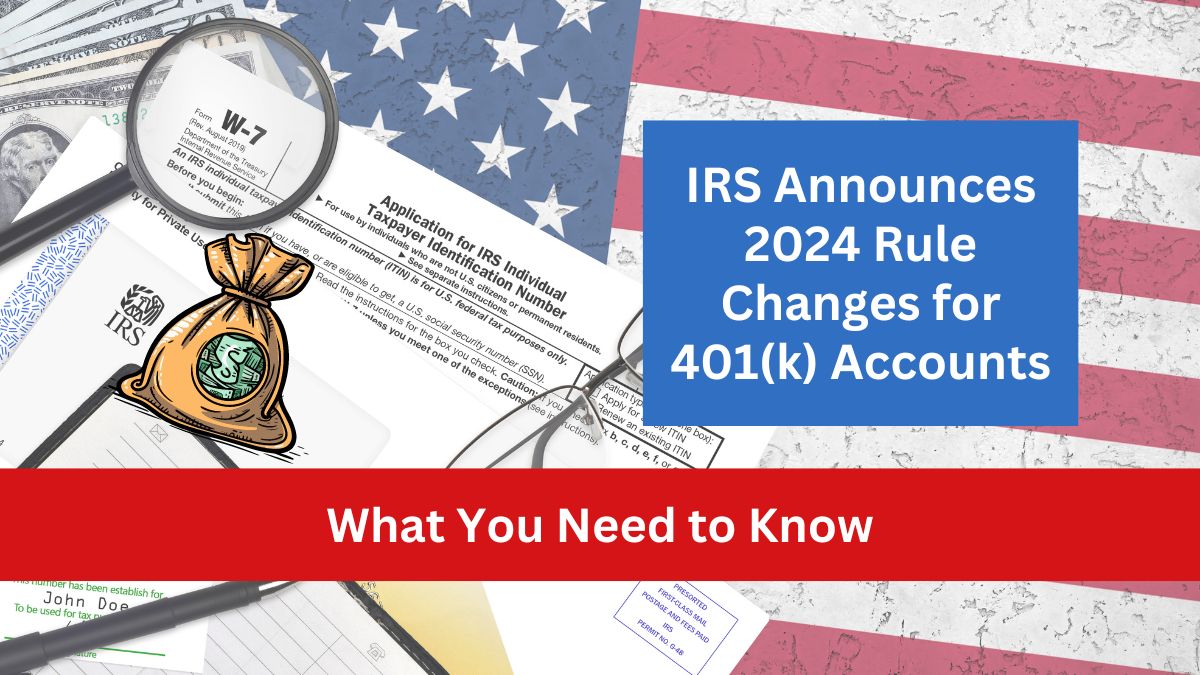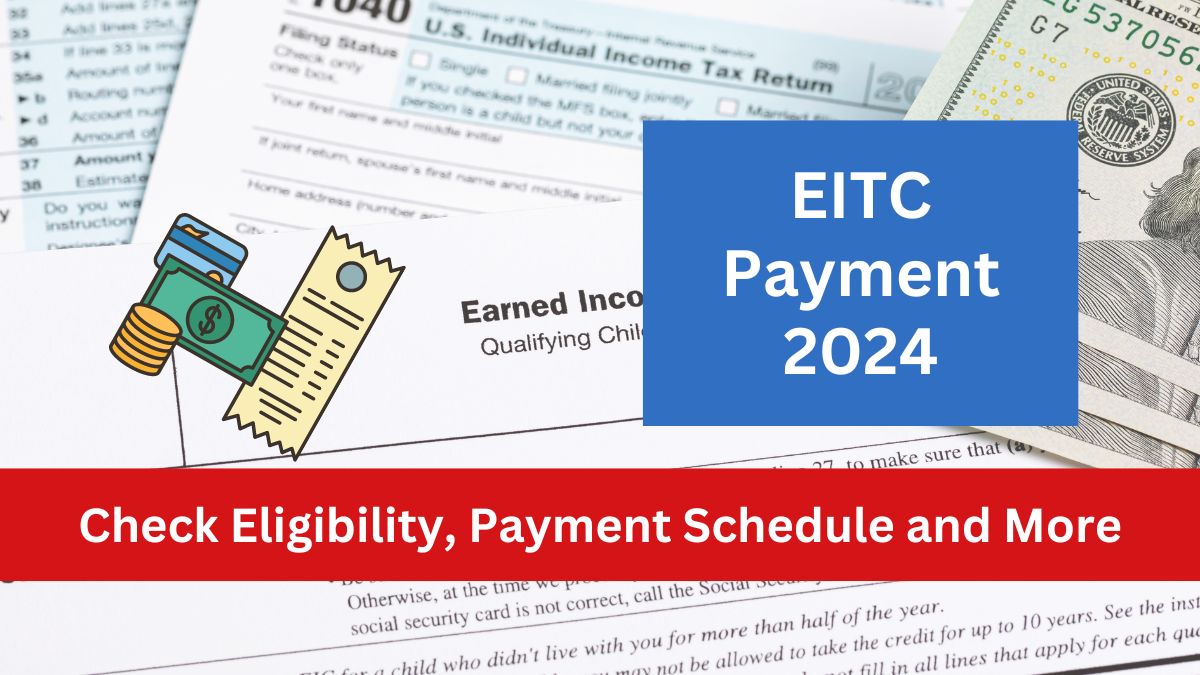A significant change in Social Security benefits is coming in 2024 as the spousal benefit rule, which allowed individuals to switch between their own benefits and their spouse’s to maximize payouts, will expire.
This change mainly affects those born after January 1, 1954. With this rule gone, strategic planning for Social Security benefits becomes even more critical for couples approaching retirement.
The Expiring Spousal Benefit Rule
1. Overview of the Rule
The soon-to-expire spousal benefit rule allowed the higher-earning spouse to claim spousal benefits at full retirement age (FRA) while delaying their own benefits until age 70. This strategy maximized the couple’s total Social Security benefits.
2. Impact on Couples with Earnings Disparity
The rule was particularly advantageous for couples with significant income disparities, allowing them to optimize their combined benefits.

The higher-earning spouse could benefit from delayed retirement credits, increasing their benefit at age 70, while the lower-earning spouse could choose between their own or spousal benefits.
Alternative Strategies After 2024
1. Importance of Strategic Planning
With the rule ending, couples need to plan their Social Security strategies carefully. Both spouses should consider creating an online account with the Social Security Administration to estimate benefits at various claiming ages and coordinate the best time to claim.
2. Risks of Claiming Benefits Early
Claiming Social Security benefits before FRA results in a permanent reduction in monthly payments, which also affects spousal benefits. For example, claiming at age 62 can reduce benefits by up to 30%, significantly impacting long-term financial security.

3. Benefits of Delaying Claims
Delaying Social Security benefits until age 70 increases the monthly payment due to delayed retirement credits. However, it is important to note that spousal benefits do not increase beyond the primary earner’s FRA benefit, potentially leading to an income gap if not carefully planned.
Conclusion
With the expiration of the Social Security spousal benefit rule in 2024, couples must carefully consider alternative strategies to maximize their benefits. Understanding the implications of claiming Social Security early or delaying it, along with strategic planning, is essential for optimizing retirement income.
Q1. What is the Social Security spousal benefit rule that is ending in 2024?
A. The rule allowed individuals to switch between their own benefits and their spouse’s benefits to maximize payouts, but it will no longer be available for those born after January 1, 1954.
Q2. Why was the spousal benefit rule important for couples with earnings disparities?
A. It allowed the higher-earning spouse to claim spousal benefits while delaying their own, thus maximizing the couple’s total Social Security benefits.
Q3. What are the risks of claiming Social Security benefits early?
A. Claiming benefits before FRA can reduce monthly payments by up to 30%, which also reduces spousal benefits, affecting long-term financial security.
Q4. Can spousal benefits increase if the primary earner delays claiming Social Security?
A. No, spousal benefits are capped at 50% of the primary earner’s FRA benefit and do not increase with delayed retirement credits.
Q5. What alternatives are available for maximizing Social Security benefits after 2024?
A. Couples should engage in strategic planning, including reviewing benefits at different claiming ages and considering delaying benefits to increase monthly payouts.












